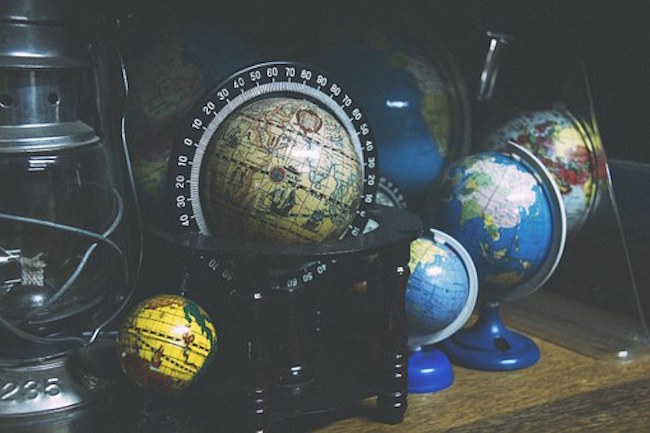The US-Russia-China Triangle’s Key Role in Global Politics Author: Vladimir Danilov for Journal NEO
Even before the current US President Donald Trump took office, he was vocal about the vital issue of power balance within the US-Russia-China triangle for Washington. At that point, he was already making promises to wage a trade war on China and find common ground with Russia.
As the French publication La Tribune rightly states, the expansion of China’s military capabilities lead by Xi Jinping, who came to power in 2013 along with Putin’s so-dubbed “strategic awakening” of Russia, were the key events of the last decade. They marked the end of Western global dominance, thus was born the concept of westlessness, which was actively discussed at the Munich conference in February 2020. In addition, President Trump’s unilateral diplomacy accelerated the transatlantic crisis, aggravated by the policies of Turkish President Erdogan, who is theoretically a Western ally as part of NATO but represents Russia’s active strategic partner within the confines of their power. The erosion of Western authority in 2020 has been so significant, that the West as a notion presents no strategic value.
Under these conditions, the US-China-Russia strategic triangle will dominate the geostrategic scene over the coming decade. Also, as many Western analysts point out, with the United States attempts to remain the dominant power, it will have less and less desire to intervene in world issues, as quick military successes are rare, and ensuring allies’ safety difficult. China will continue its efforts to bypass the United States not only militarily, but also in its influence on the international scene. As for Russia, don’t expect it to stand by and let Washington characterize it as a second tier player of the current decade. The rise in Russia’s military potential and political authority in recent years has provided it with considerable opportunities to hinder the United States, which will for many years give it a vital role in international relations.
In addition, the ever-strengthening strategic partnership between China and Russia poses increasingly serious problems for Washington. As the American politician and political writer Newt Gingrich pointed out on Fox News , China, which already presents a serious challenge for the US, will be even more dangerous in tandem with Russia. A potential military dispute with Beijing alone could end in victory for Washington, but the White House could hardly pull off picking a fight with a Russian-Chinese alliance. This ever-growing Chinese-Russian strategic alliance “would turn much of our national security planning and strategy on its head,” summed up Gingrich.
There has been a significant decline in US international authority over recent years, due to the unpredictable policies of the current administration and Washington has welshed on multiple international agreements. The United States’ potential has recently been most commonly been evaluated based on its military, which is pulling out of not only the Middle East, but other world regions as well. Today, US Armed Forces have no way of waging more than one war on major powers, while opponents like China and Russia are becoming more powerful militarily, according to estimates of the 2020 American Military Power Index. According to a 500-page report published by the Heritage Foundation, all four types of US forces and their nuclear arsenal are currently at capacity by key factors such as personnel and equipment.
Under these conditions, Washington has opted to attach particular importance to the search for the most advantageous solution to the so-called “world triangle” problem. Shortly before his death, the coryphaeus of American strategic thought, Zbigniew Brzezinski was forced to admit the failure of his initial concept from his 1997 book, The Grand Chessboard, that the new world order would be built “at the expense of Russia, on the ruins of Russia and against Russia.” This new reality forced Brzezinski to substantially modify his concept in his final article before his death, which he wrote at the end of 2017 on the ruins of a unipolar world and on the eve of the demise of Western liberalism. In fact, in this article, Brzezinski predicted the emergence of a relational triangle between Beijing, Washington, and Moscow in the world political arena.
Henry Kissinger, veteran of American diplomacy, speaks of the new alignment of political world forces in an article title The Coronavirus Pandemic Will Forever Alter the World Order, where he acknowledges that the world will not be the same after the Covid-19 pandemic. Instead of the deescalation objectives made priority during the Cold War, the chief objective now is establishing a new world order. He proposes to look at world events through the prism of the common interests of the emerging triumvirate: Trump, China, led by Chairman Xi and Vladimir Putin’s Russia.
The fact that after the coronavirus pandemic is over, the world order will have to be reformed, is also mentioned in the South China Morning Post. This will be done, in the opinion of SCMP, by the three leading world powers: Russia, China and the US, which will need to overcome their differences, which is not an impossible goal to achieve.
Vladimir Danilov, political observer, exclusively for the online magazine “New Eastern Outlook”.




